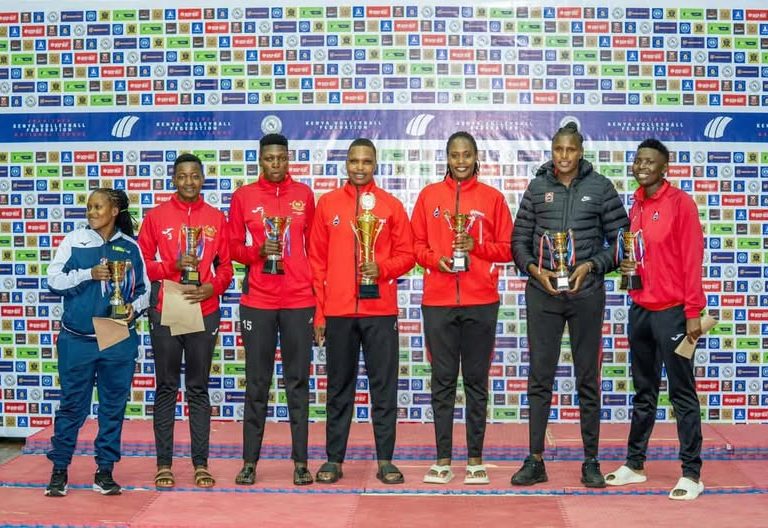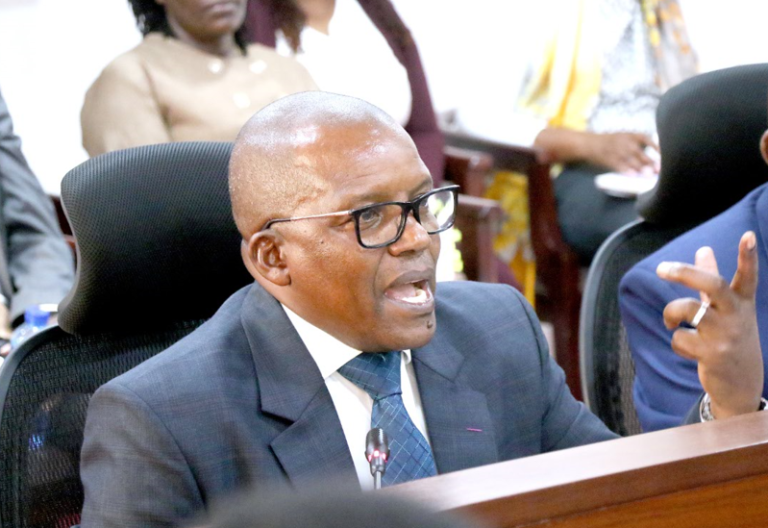State earns Sh100b from betting firms since 2018
By Mercy.Mwai, May 30, 2025The government has collected Sh96.7 billion from betting companies over the past seven financial years, according to documents presented to Parliament.
The highest collection – Sh22.3 billion – was recorded in 2023/2024. Other significant amounts include Sh16.9 billion in 2022/2023, Sh14.7 billion in 2021/2022, Sh10.3 billion in 2019/2020, Sh9.5 billion in 2020/2021, and Sh8.5 billion in 2018/2019. Some Sh14.5 billion was collected by February in the 2024/2025 fiscal year.
Documents tabled before MPs by the Betting Control and Licensing Board (BCLB) showed that gambling has become increasingly popular across all age segments in Kenya, mirroring trends in other African countries.
Adequate technology deployment is essential for effectively monitoring and regulating the betting industry while conducting public sensitisation campaigns, BCLB Director Peter Mbugi (pictured) told MPs.
“The worry is that gambling has changed from its original purpose of entertainment to becoming a source of livelihood,” Mbugi said.
“This trend is driven by economic hardships from widespread unemployment, combined with the misplaced notion that gambling provides easy money. This has led to an increase in legal gambling providers and the emergence of illegal gambling sites.”
Political context
Mbugi attributed the regulatory challenges to weak legislation and called for passage of the proposed Gambling Control Bill 2023. The board currently operates under a law enacted in 1966, which he argued is inadequate for governing modern business enterprises, with penalties too lenient to deter non-compliance.
Despite the outdated legal framework, technological advancement and mobile internet connectivity have made gambling accessible anytime and anywhere. Mbugi highlighted the additional challenge posed by offshore websites offering unauthorised gambling products, which expose punters to unregulated gambling activities.
“The objective now is to scale up the war against illegal gambling through a multi-agency approach, promote responsible gambling, and ensure that the economic contribution of gambling outweighs the negative social impact,” he stated.
Mbugi cited several other challenges facing the industry, including inadequate resources to support board activities,and public perception of gambling as a source of livelihood rather than leisure.
“Gambling is a demerit good, just like alcohol and tobacco, and consumption must be controlled,” Mbugi explained. “Gambling can harm consumers if taken in excess, potentially leading to addiction with serious consequences for individuals and society, ultimately fostering negative attitudes toward hard work.”
Last month, the BCLB suspended gambling advertisements across all media platforms for 30 days after some gambling promoters mischaracterised gambling as a legitimate investment opportunity and a shortcut to wealth creation.
More Articles

